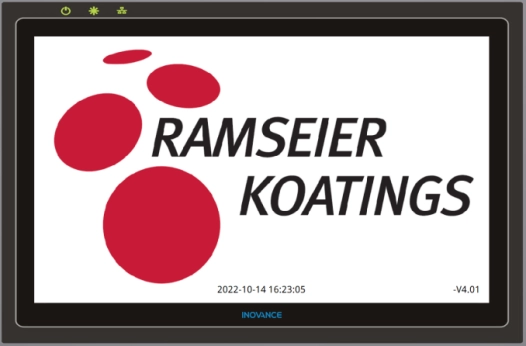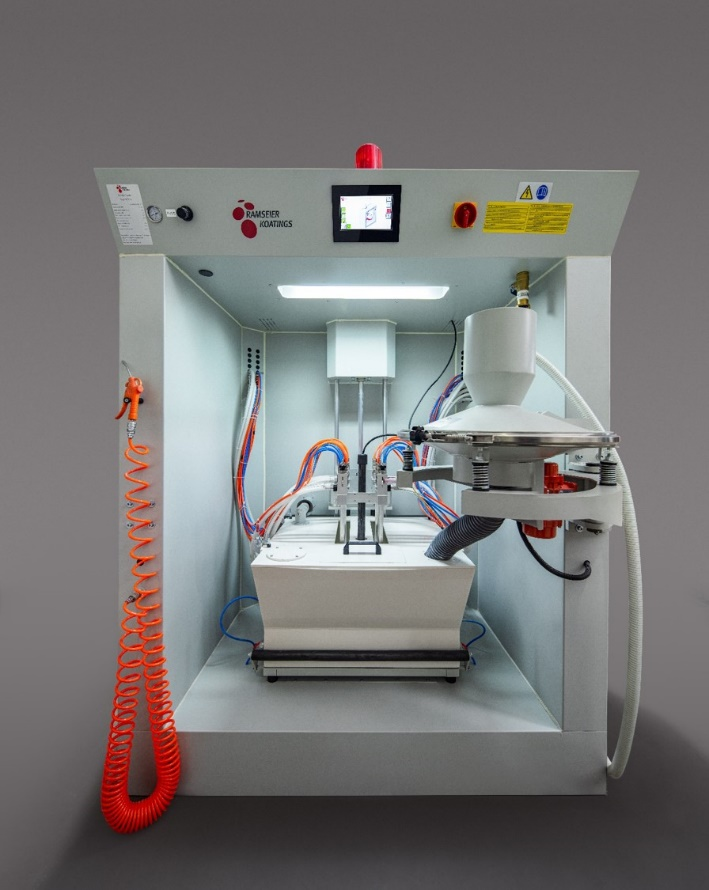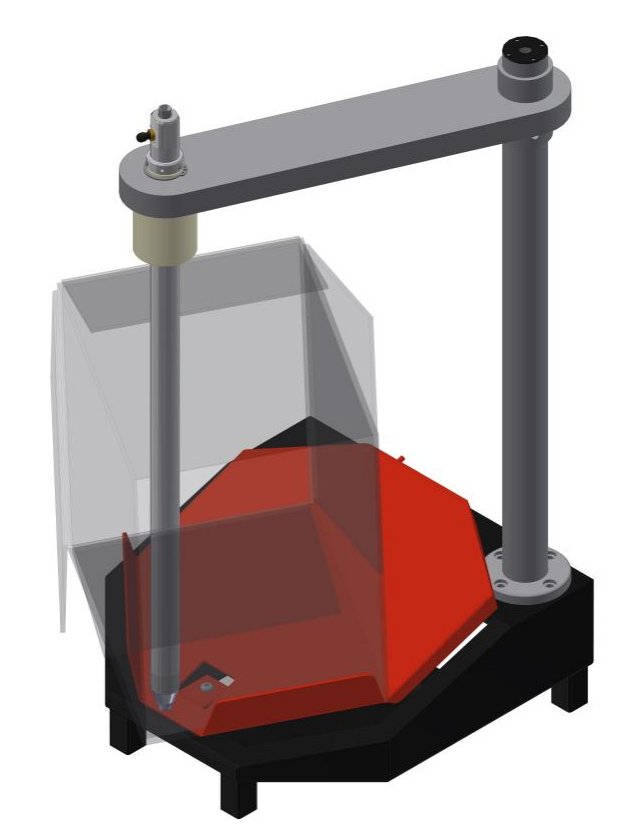Content Menu
● Understanding Smart Control Systems
>> What is a Smart Control System?
>> The Importance of Efficiency
● Key Features to Look for in a Smart Control System
>> 1. Integration Capabilities
>>> Seamless Connectivity
>>> Interoperability
>> 2. User-Friendly Interface
>>> Intuitive Controls
>>> Customization Options
>> 3. Advanced Automation Features
>>> Smart Scheduling
>>> Adaptive Learning
>> 4. Energy Monitoring and Reporting
>>> Real-Time Data
>>> Reporting Tools
>> 5. Scalability
>>> Future-Proofing
>>> Modular Design
● Benefits of Implementing a Smart Control System
>> Enhanced Comfort
>> Cost Savings
>> Environmental Impact
>> Increased Security
● Challenges to Consider
>> Initial Costs
>> Complexity of Installation
>> Technology Dependence
● Conclusion
>> Frequently Asked Questions
In today's fast-paced world, the demand for efficiency in both residential and commercial settings has never been higher. Smart control systems have emerged as a pivotal solution, enabling users to optimize energy consumption, enhance comfort, and streamline operations. This article delves into the essential features and considerations when selecting a smart control system to ensure maximum efficiency.

Understanding Smart Control Systems
What is a Smart Control System?
A smart control system integrates various technologies to manage and automate processes within a building or facility. These systems can control lighting, heating, ventilation, air conditioning (HVAC), security, and other critical functions. By utilizing sensors, algorithms, and user interfaces, smart control systems can adapt to changing conditions and user preferences, leading to improved efficiency and comfort.
The Importance of Efficiency
Efficiency in control systems translates to reduced energy consumption, lower operational costs, and a smaller environmental footprint. As energy prices rise and sustainability becomes a priority, investing in a smart control system is not just a trend but a necessity for modern living and working environments.
Key Features to Look for in a Smart Control System
When evaluating smart control systems, several key features should be prioritized to ensure maximum efficiency.
1. Integration Capabilities
Seamless Connectivity
A robust smart control system should easily integrate with existing devices and systems. Look for systems that support various communication protocols (like Wi-Fi, Zigbee, or Z-Wave) to ensure compatibility with a wide range of smart devices. This flexibility allows for a more cohesive and efficient operation across different systems.
Interoperability
The ability to work with multiple manufacturers' devices is crucial. A system that can communicate with various brands and technologies will provide a more comprehensive solution, enhancing overall efficiency.
2. User-Friendly Interface
Intuitive Controls
A user-friendly interface is essential for maximizing the benefits of a smart control system. Look for systems that offer easy-to-navigate apps or dashboards, allowing users to monitor and control their environment effortlessly. Features like voice control and mobile access can significantly enhance user experience.
Customization Options
The ability to customize settings according to personal preferences or specific operational needs can lead to greater efficiency. Systems that allow users to set schedules, create scenes, or adjust settings based on occupancy can optimize energy use effectively.
3. Advanced Automation Features
Smart Scheduling
Automation is a cornerstone of smart control systems. Look for systems that offer advanced scheduling capabilities, allowing users to program devices to operate at specific times or under certain conditions. For example, heating can be reduced during the day when no one is home, and lights can be set to turn off automatically at night.
Adaptive Learning
Some smart control systems incorporate machine learning algorithms that adapt to user behavior over time. These systems can learn patterns and adjust settings automatically, ensuring optimal performance without requiring constant manual input.
4. Energy Monitoring and Reporting
Real-Time Data
An effective smart control system should provide real-time monitoring of energy consumption. This feature allows users to identify patterns, track usage, and pinpoint areas where energy savings can be achieved.
Reporting Tools
Look for systems that offer detailed reporting tools. These can help users understand their energy usage trends and make informed decisions about adjustments to improve efficiency.
5. Scalability
Future-Proofing
As technology evolves, so do the needs of users. A smart control system should be scalable, allowing for the addition of new devices and features as they become available. This adaptability ensures that the system remains relevant and effective over time.
Modular Design
Systems designed with modular components can be upgraded or expanded without requiring a complete overhaul. This flexibility is essential for long-term efficiency and cost-effectiveness.
Benefits of Implementing a Smart Control System
Enhanced Comfort
Smart control systems provide a tailored environment that can adjust to individual preferences, ensuring optimal comfort for all users. Whether it's maintaining the perfect temperature or adjusting lighting levels, these systems enhance the overall experience.
Cost Savings
By optimizing energy use, smart control systems can lead to significant cost savings on utility bills. Over time, the initial investment in a smart control system can be recouped through reduced energy expenses.
Environmental Impact
Reducing energy consumption not only saves money but also contributes to a lower carbon footprint. Smart control systems play a vital role in promoting sustainability by minimizing waste and encouraging responsible energy use.
Increased Security
Many smart control systems include security features such as surveillance cameras, smart locks, and motion sensors. These enhancements provide peace of mind and can be integrated into the overall control system for streamlined management.
Challenges to Consider
Initial Costs
While the long-term savings are significant, the initial investment in a smart control system can be substantial. It's essential to weigh these costs against the potential benefits and savings over time.
Complexity of Installation
Depending on the existing infrastructure, installing a smart control system can be complex. Engaging professionals for installation may be necessary, adding to the overall cost.
Technology Dependence
Smart control systems rely heavily on technology, which can be a double-edged sword. While they offer convenience and efficiency, they also require regular updates and maintenance to ensure optimal performance.
Conclusion
Choosing the right smart control system is crucial for maximizing efficiency in any environment. By focusing on integration capabilities, user-friendly interfaces, advanced automation features, energy monitoring, and scalability, users can select a system that meets their needs and enhances their overall experience. As technology continues to evolve, investing in a smart control system is not just a trend but a necessary step towards a more efficient and sustainable future.

Frequently Asked Questions
1. What is the primary function of a smart control system?
- A smart control system automates and manages various functions within a building, such as lighting, HVAC, and security, to enhance efficiency and comfort.
2. How can a smart control system save energy?
- By optimizing energy use through automation, real-time monitoring, and adaptive learning, smart control systems can significantly reduce unnecessary energy consumption.
3. Are smart control systems easy to install?
- Installation complexity can vary based on existing infrastructure. Professional installation may be required for optimal setup.
4. What features should I prioritize in a smart control system?
- Key features include integration capabilities, user-friendly interfaces, advanced automation, energy monitoring, and scalability.
5. Can I customize my smart control system?
- Yes, many smart control systems offer customization options, allowing users to set schedules, create scenes, and adjust settings based on personal preferences.
Hot Tags: China, Global, OEM, private label, manufacturers, factory, suppliers, manufacturing company










































 .
. 